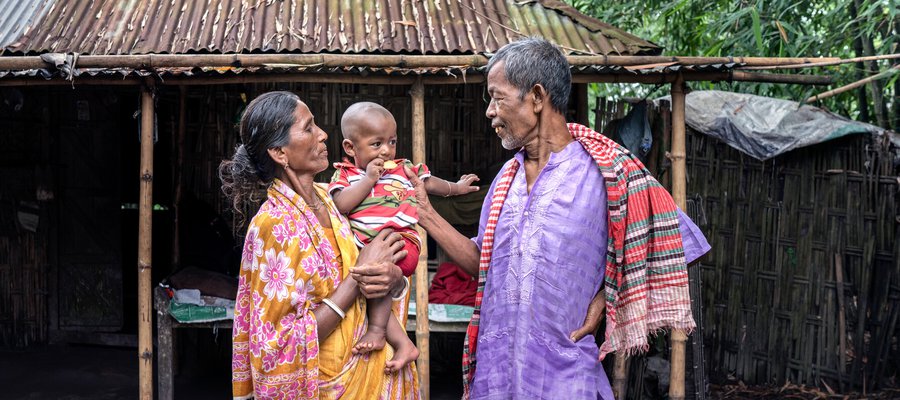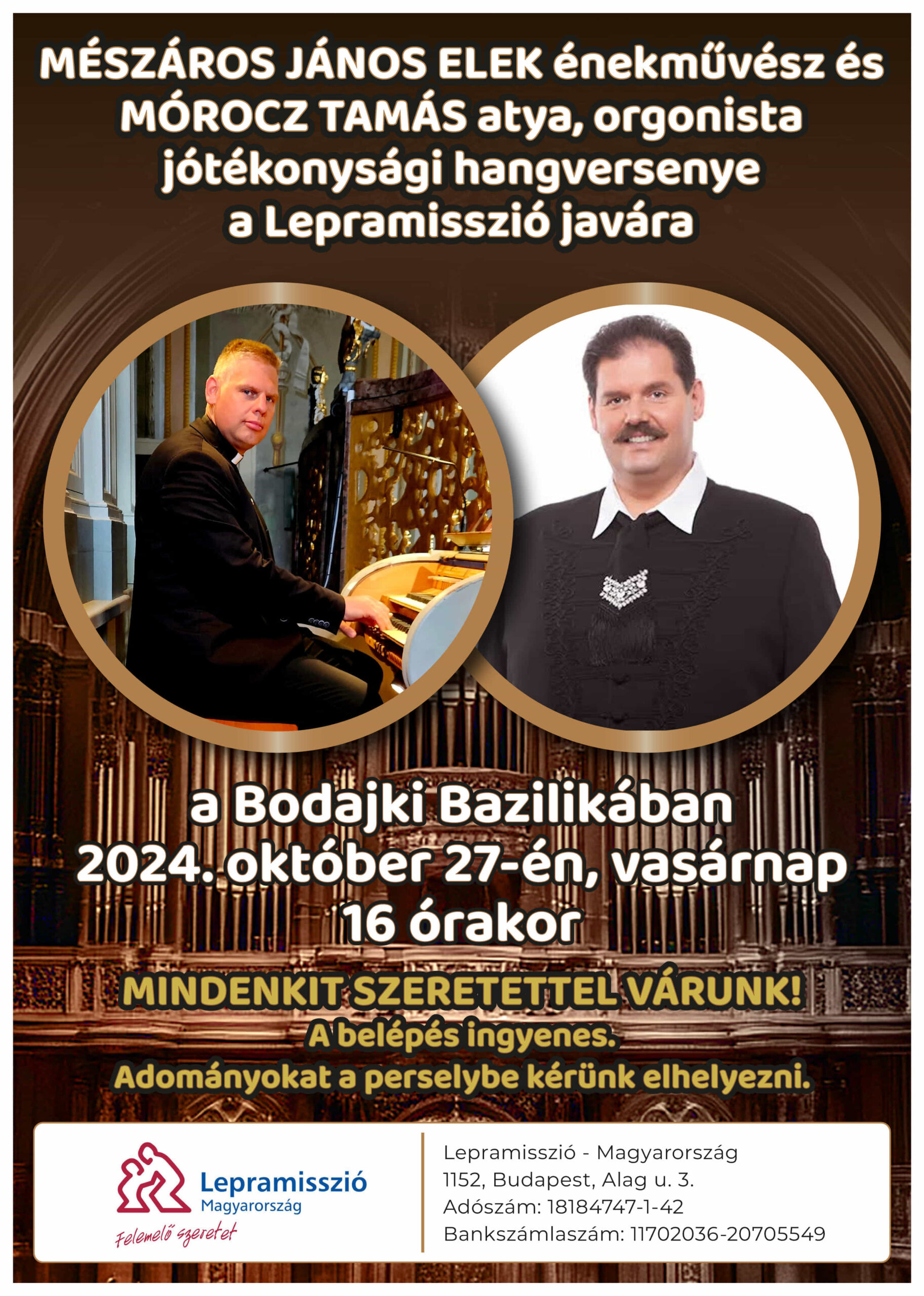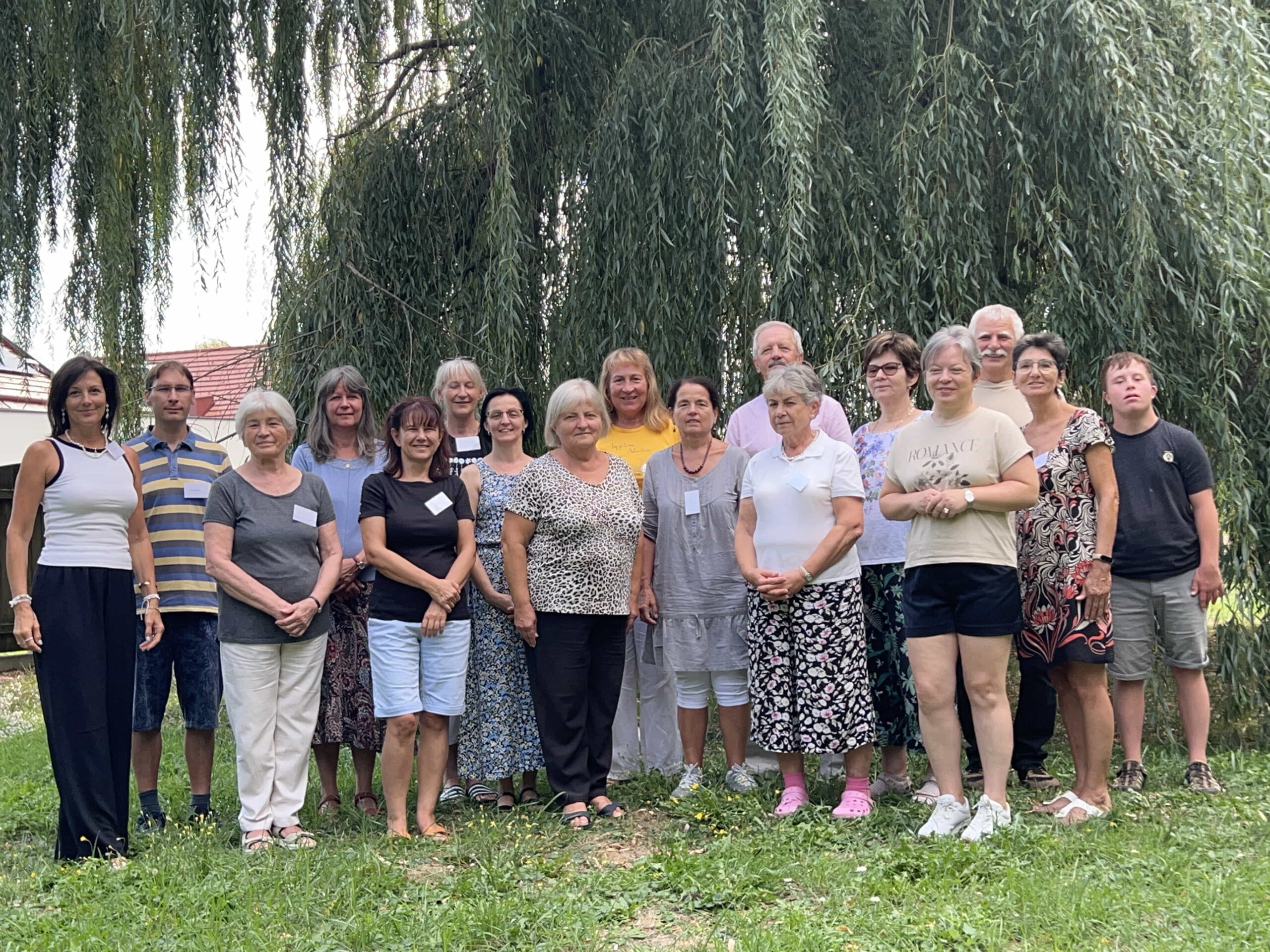
There is a link between the ability to touch and mental and physical health
Since the Nobel Prize in Physiology and Medicine was awarded for discoveries related to touch and touch, Jannine Likewise, of the International Leprosy Federation, who has been working with people affected by leprosy since 1991, said: "This honour is a moving tribute to people affected by leprosy worldwide. You can read her article here:
"I am both thrilled and happy that the Nobel Assembly of the Karolinska Institutet will award the 2021 Nobel Prize in Physiology and Medicine For David Julius and Ardem Patapoutian for the discovery of temperature and tactile receptors. (See press release: https://www.nobelprize.org/prizes/medicine/2021/press-release/)
The ability to touch makes us resilient
Why did this news grab my attention? Because it has once again brought to light something we have been saying for a long time about leprosy: "Our ability to feel heat, cold and touch is essential for survival and connects us to the world around us."
Leprosy can damage the nerves that help you feel heat and touch. This means that actions that most people take for granted - like walking barefoot - become high-risk activities. One of the things that Julius and Patapoutian mentions "Imagine walking barefoot on the lawn on a hot summer day..."
Remember when you bought your last pair of new shoes? How long were you able to wear them on the first day? If they had any heels, probably not for very long - you kicked them off and went looking for your comfortable "flat shoes". The receptors in your feet told you that these new shoes were a little tight in places and you needed to break them in before wearing them all day.
Leprosy patients often lose a vital protective layer
Unfortunately, for many people affected by leprosy, this nerve is damaged and the protective feedback mechanism is lost: they continue to wear shoes that are too tight, hold a drinking cup that is too hot, use tools that injure their hands in the long term.
"...the sense of temperature, touch and movement is essential to adapt to an ever-changing environment," says Julius and Patapoutian.
If a person does not feel pressure, movement, temperature, etc., there is a high risk of injury.
The ability to feel touch, pressure, temperature and pain is very important. Unfortunately, in my work, I have seen many people come into hospitals and clinics with severely damaged eyes, hands and feet because they have lost their ability to sense pressure, pain and temperature. Men, women, boys and girls going about their daily lives and work are suddenly confronted with injuries - they don't understand why they are there and ask the question about their wounds, "If it doesn't hurt, it can't be serious, right?".
The Leprosy Mission tackles leprosy in communities affected by the disease in different ways
- We are working to prevent damage caused by leprosy by diagnosing the disease as soon as possible - before the nerves are damaged.
- We make sure people finish their treatment and monitor them closely during treatment for possible reactions and nerve inflammation - the main causes of nerve damage and disability.
- In the case of various reactions or symptoms of inflammation of the nerves, we provide the treatment needed to manage them and protect the body's nerves.
- We teach patients how to protect and care for their body parts damaged by nerve damage (partial or total blindness, or numbness of the hands or feet).
- Auxiliary equipment such as protective footwear, gloves and sunglasses are provided.
- We provide strength and occupational (rehabilitation) therapy for those who need it.
- Where necessary, we provide surgery to repair damaged body parts - with expert surgeons on hand
- Our researchers continue to look for new ways to identify nerve damage earlier, as well as new, improved drugs to treat reactions (many current drugs have serious side effects).
Leprosy or the mourning of a lost touch
Julius and Patapoutian focused on the physiology of touch. However, there is another interpretation of the word 'touch'.
How have we felt during the last 20 months of the epidemic? Keeping two metres away from the people we love, not touching anyone, constantly disinfecting our hands before and after we touch someone? According to psychologists, mental illness is in its 'heyday' because humans are fundamentally communal and physical contact with each other - prevented by the pandemic - is an essential part of being social.
Unfortunately, for many people it is a daily, sometimes years-long, experience to distance themselves from others. In many communities around the world, leprosy continues to be misunderstood and people with leprosy are unable to reach their loved ones. Children and young people diagnosed with leprosy are often separated from the rest of the family. This is not at all necessary, but it is very damaging to these children and young people.
In the world of leprosy, a simple act can make a revolutionary difference
Touch is more than just physical: it has a significant mental and emotional impact. Lack of touch is detrimental to our mental and emotional health.
When I started working as a physiotherapist in a leprosy hospital in south-east Nigeria, my mentor, Dr Esther Davies said, "The best thing you can do for people in hospital is to touch them: shake their hand or hold their hand while you talk to them; pat their back; hug them... This is something their families and loved ones have long denied them."
Living and working alongside people with leprosy has had a profound impact on me - it has shown me the impact of an act as simple as shaking someone's hand. It is more than a greeting - it is acceptance, respect, appreciation of another human being. It reassures, encourages, empowers." - concluded Jannine Likewise.





